Search Fellows
Click on a Fellow below to view more information or create your own search.
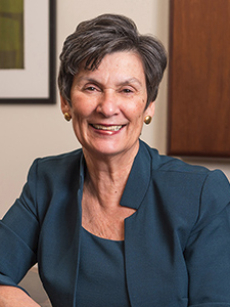
Toni C. Antonucci
University of Michigan
Visiting Scholar
2016 to 2017
Antonucci will work on a book that examines how social relations and personal networks affect the health outcomes of disadvantaged groups. Drawing from over two decades of interviews with individuals in the Detroit area, she will analyze their social relationships in depth, including the structure and quality of those relationships, their stability or change over time, and their role in either offsetting or exacerbating the negative effects of stress—especially financial or economic stress—on their health and well-being.
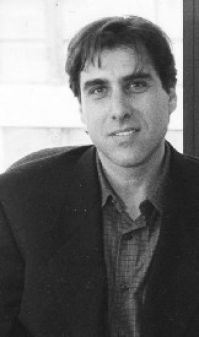
Joshua Aronson
New York University
Visiting Scholar
2004 to 2005
Joshua Aronson, Associate Professor of Applied Psychology at New York University, will write a book profiling how anxieties triggered by negative stereotypes can impair the intellectual test performance of female and black students. He will examine the effectiveness of intervention strategies that seek to help children from stigmatized groups overcome these negative stereotype effects. Aronson will also co-edit a book with Stanford psychologist Claude Steele about narrowing the educational achievement gap between black and white students.
Maya Bar-Hillel
Hebrew University of Jerusalem
Visiting Scholar
2008 to 2009
Maya Bar-Hillel, Professor (retired), The Center for the Study of Rationality at The Hebrew University, Jerusalem, will write a book about rationality paradoxes and how they have influenced the development of decision theory. This will be the first comprehensive anthology of rationality paradoxes and will be accessible to a well-educated lay audience. Bar-Hillel plans to present a range of paradoxes and discuss how they’ve prompted influential conceptual developments in philosophy, economics, statistics, and psychology.
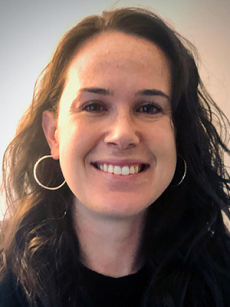
Arielle Baskin-Sommers
Yale University
Visiting Researcher
Arielle Baskin-Sommers will design and begin implementation of an original procedural justice training program for correctional officers. Baskin-Sommers’ work builds on research that shows that incarcerated individuals are one of the most marginalized populations in the United States and prisons play a significant role in reproducing disadvantage, particularly through negative interactions between correctional officers and the incarcerated.
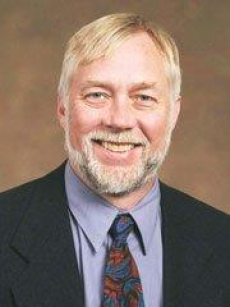
Roy F. Baumeister
Florida State University
Visiting Scholar
2013 to 2014
Baumeister and Kathleen D. Vohs will undertake two separate projects: one which will summarize and integrate the research literature on the “strength model” of self-control; and a second that will investigate the psychological and subjective meaning of money by examining how thought processes, values, and decision-making change when money is involved.
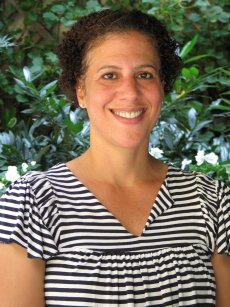
Tamara Buckley
Hunter College, City University of New York
Visiting Scholar
2007 to 2008
Tamara Buckley, Assistant Professor, Educational Foundations and Counseling Programs, at Hunter College, and Erica Gabrielle Foldy, Assistant Professor of Public and Nonprofit Management at the Wagner School of Public Service, New York University, form a working group that will bring the insights of both psychology and management to bear on fostering learning and effectiveness in culturally diverse teams. They theorize that acknowledging and engaging cultural differences facilitates team learning better than a “color-blind” approach.
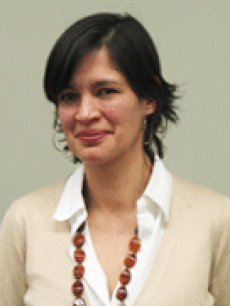
Natasha J. Cabrera
University of Maryland
Visiting Scholar
2015 to 2016
In collaboration with Ronald B. Mincy, Cabrera will examine the connections between low-income fathers’ earnings and financial support and their children’s cognitive and behavioral outcomes. Using several waves of data from the Fragile Families Study, Cabrera and Mincy will explore how the associations between fathers’ earnings and children’s skills are affected by factors such as race, maternal stress, parental engagement, and child care quality.
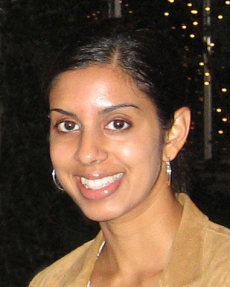
Sapna Cheryan
University of Washington
Visiting Scholar
2012 to 2013
Cheryan will conduct three studies that investigate the effects of anti-American stereotypes on the well-being of U.S. immigrant groups. Using data from her university lab, she will review the state of psychological research on anti-American stereotypes, the health consequences of these stereotypes on immigrants, and the varying level of vulnerability to anti-American stereotypes among different generations.
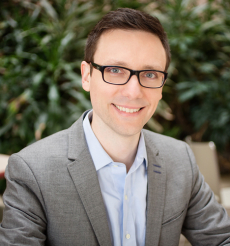
Andrei Cimpian
New York University
Visiting Researcher
Andrei Cimpian is Associate Professor of Psychology at New York University. He will investigate the developmental origins of pervasive cultural stereotypes that link certain groups more than others (such as men more than women) with raw intellectual talent or “brilliance.”
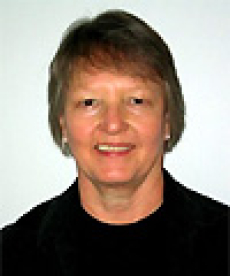
Kay Deaux
City University of New York
Visiting Scholar
2001 to 2002
Kay Deaux, distinguished professor of psychology at the Graduate Center, City University of New York, will study the immigration process from a social psychological perspective. She will focus on the ways immigrant identities evolve in the face of pressure to maintain ethnic traditions while adapting to the new norms, expectations, and stereotypes they encounter in the United States. Why, for example, do some members of a West Indian community shift to an African American identity while others maintain their West Indian identity?
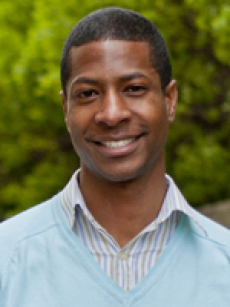
Mesmin Destin
Northwestern University
Visiting Scholar
2016 to 2017
Destin will explore the connections between students’ socioeconomic status, identity, and academic outcomes. He will examine whether school-based programs that focus on developing personal narratives and maintaining social support can improve academic performance and health for high school students from disadvantaged backgrounds. He will also conduct lab experiments to investigate how low-income college students’ sense of uncertainty about their own status may decrease their likelihood of seeking academic support and affect their psychological well-being.
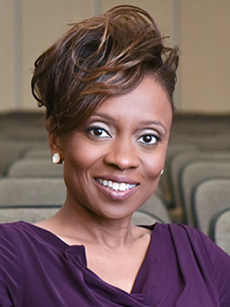
Jennifer Eberhardt
Stanford University
Visiting Researcher
Jennifer Eberhardt will write articles drawing on police body-worn camera footage to examine police interactions with the public during traffic stops. Using large language models and related processing tools, Eberhardt will compare how language used by police varies during traffic stops in areas with and without a history of redlining.
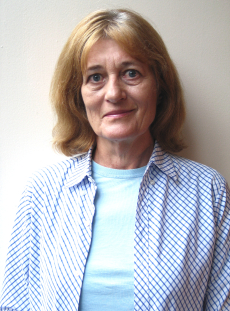
Phoebe Ellsworth
University of Michigan
Visiting Scholar
2007 to 2008
Phoebe Ellsworth, Frank Murphy Distinguished University Professor of Psychology and Law at the University of Michigan, and Samuel Gross, Thomas and Mabel Long Professor of Law at the University of Michigan Law School, will write a book investigating the causes and consequences of false convictions in criminal cases in the United States.
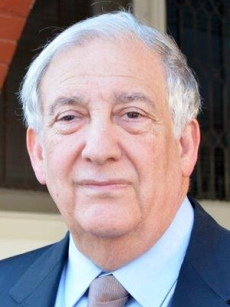
Gary Alan Fine
Northwestern University
Visiting Scholar
2005 to 2006
Gary Fine, John Evans Professor of Sociology, Northwestern University, will work on a project examining what the spread of rumors about terrorists and terrorism reveals about social trust within communities, and how this trust is solidified into norms of communication. Working with a list of rumors that he has compiled about immigration and terrorism over the last decade, Fine will develop a theory of how rumors impact community beliefs, norms, and trust.
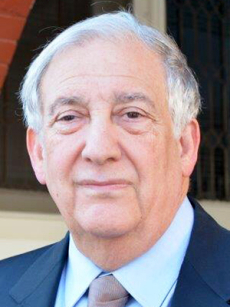
Gary Alan Fine
Northwestern University
Visiting Researcher
Fine will draft a book and several articles exploring the mobilization of older citizens for social justice. Drawing on research on aging and gerontology and based on extensive ethnographic observations and in-depth interviews, Fine’s project argues that the structural and cultural position of the elderly produces a distinctive form of organizing, creating resistance based on identity and experience.
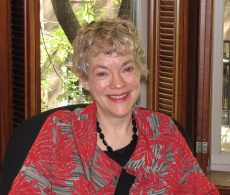
Susan T. Fiske
Princeton University
Visiting Scholar
2009 to 2010
Susan T. Fiske, Eugene Higgins Professor of Psychology at Princeton University, will advance a project exploring envy upwards and contempt downwards: how people respond socially, cognitively, and neurally to people from low-status outgroups (such as undocumented immigrants, the homeless, welfare recipients, injection drug users) and to people from high-status outgroups (rich people, Asians, Jews, minority professionals, and career women).
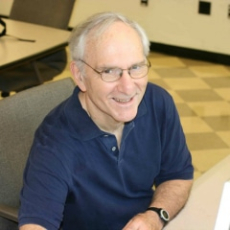
Herbert P. Ginsburg
Teachers College, Columbia University
Visiting Scholar
2000 to 2001
Herbert P. Ginsburg, professor of psychology and education at Teachers College, Columbia University, will complete an extensive review of the long-running Literacy project, which the Russell Sage Foundation has partnered with the Andrew W. Mellon Foundation. The project has sought to develop and disseminate practical measures for improving literacy among disadvantaged schoolchildren. Ginsburg will write a report and organize a conference reflecting upon the general lessons that can be drawn from the project.
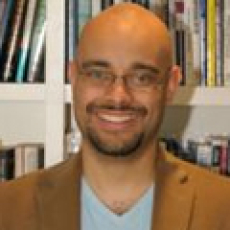
Phillip Atiba Goff
University of California, Los Angeles
Visiting Scholar
2008 to 2009
Phillip Atiba Goff, Assistant Professor of Psychology at the University of California, Los Angeles, will complete a project on racial bias and diversity training in police departments. The Denver Department of Police has granted Goff full access to its force and use of force complaint records. Goff hypothesizes that several under-documented psychological factors help explain the real story behind police bias.
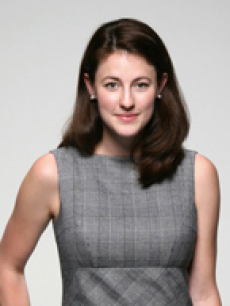
Kathryn Paige Harden
University of Texas at Austin
Visiting Scholar
2015 to 2016
Harden and Elliot M. Tucker-Drob will analyze data from the Texas Twin Project, a study of over 1,000 twins, to examine how genetic and social factors interact to shape child and adolescent development. Harden will focus on how biological and social determinants may lead to the early onset of puberty and sexual development among low-income adolescents. She will test whether stress associated with poverty can induce physiological changes that “override” genetic influences on the timing of puberty.
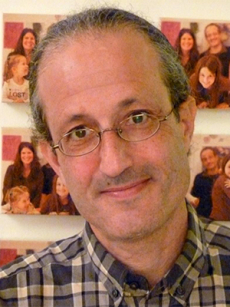
Ran R. Hassin
Columbia University
Visiting Researcher
Ran Hassin will advance research on the diversity illusion phenomenon – people’s tendency to literally see and remember more diversity than there is in reality. He will complete current projects and write a paper on blindness to an extreme lack of diversity. He will also begin planning new lines of research.
